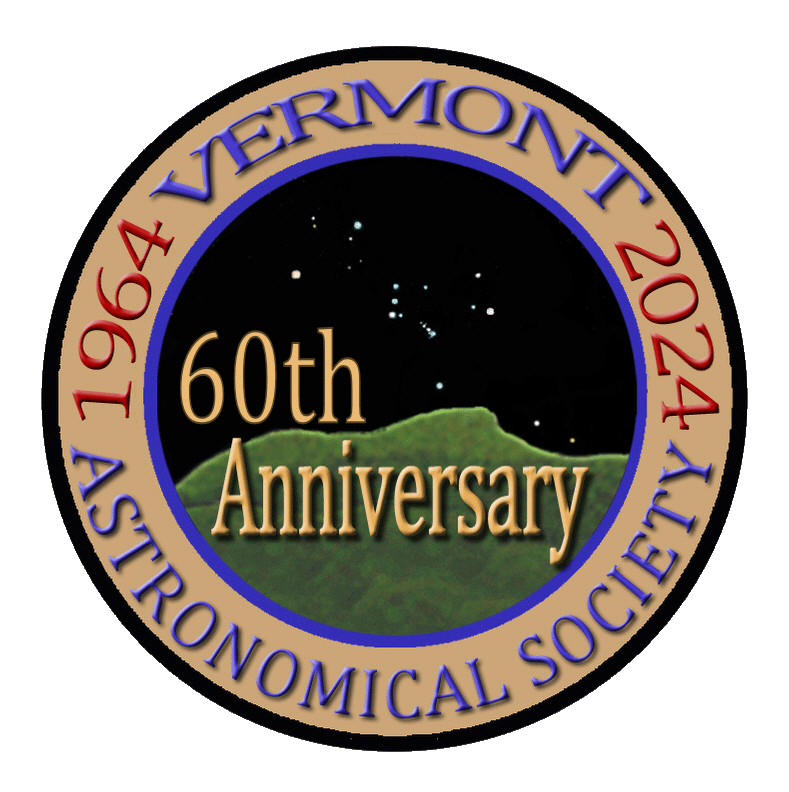Here in an image of SH2-101 in Cygnus. It's near Eta Cygni and not a large nebula spanning only 9x16 arc minutes. The image I took is an area 120 minutes by 80 minutes. I imaged this area with a TEC140 with an astro-physics flattener at F7 and 1035mm focal length. I used a mono ASI6200MM camera with Chroma 3nm narrow band filters (ha,sii,oiii). I have 2 hours on each of the filters taken in 15 minute sub-images unguided so it's not a very deep image. The base image was colorized as SHO but the stars were done in HOO as HOO gives a much better approximation than SHO for star color.
The weird color streak to the left of the tulip is from Eta Cygni. It is presumably coming from a reflection somewhere in my image train that I need to hunt down. I recently purchased a tilt adjustment mechanism and did some tilt adjustment, but also introduced something in the light path I need to fix. Astro imaging leaves never a dull moment.
You got some lovely detail in this photo, Terri! It's a nice capture.
To me (and my monitor is very low quality) many of the stars have somewhat of an 'aqua/cyan' tint to them. I'm guessing that's a result of using the HOO palette with them? Just curious, what did the stars look like with the SHO palette? If you wanted to get the stars as they would naturally appear, would you also have to capture some LRGB frames just for them? (I'm asking these questions because I'm starting to do monochrome astro and need all the help I can get! Seems like a whole different world to me from the OSC processing.)
Nice job on the image. I think it looks great!
Greg
You got some lovely detail in this photo, Terri! It's a nice capture.
To me (and my monitor is very low quality) many of the stars have somewhat of an 'aqua/cyan' tint to them. I'm guessing that's a result of using the HOO palette with them? Just curious, what did the stars look like with the SHO palette? If you wanted to get the stars as they would naturally appear, would you also have to capture some LRGB frames just for them? (I'm asking these questions because I'm starting to do monochrome astro and need all the help I can get! Seems like a whole different world to me from the OSC processing.)
Nice job on the image. I think it looks great!
Greg
Greg, you have a great eye. The stars did have a bit too much 'green' in them. I do not have RGB data, but I processed the stars in HOO, which can be closer to RGB than SHO stars, which are nowhere near RGB. But I left too much green in them. It seems very hit or miss on whether I get alerted to posts now-a-days. I need to bug our webmaster on this.
I just re-did the star color a bit. Hope it's better. I also took some of the color out of the eta Cygni star spike I have in the upper left of the image.
On your question, I would try processing the stars in HOO first to see if you can get a decent result, and if not, capture 30 minutes of each RG and B. No reason to capture 'L' for stars and you don't need hours. Capture 30 minutes, and extract the stars with starxterminator.
Terri
I love it, Terri! I think it looks much better, and I love the detail you have in the image. Great job!
Thank you for the advice about the stars! I had some serious magenta stars in my first monochrome capture...and I'm still trying to get up the courage to fully process the data...oh, wait I have to watch that video first to see exactly what to do...oh, wait I need to look this up, yadda, yadda, yadda! You'd think I'd never processed an image before! Geez. Just climb back on the horse, why don't I?! And WHO cares if it doesn't look right?! Good grief.)
Greg
I love it, Terri! I think it looks much better, and I love the detail you have in the image. Great job!
Thank you for the advice about the stars! I had some serious magenta stars in my first monochrome capture...and I'm still trying to get up the courage to fully process the data...oh, wait I have to watch that video first to see exactly what to do...oh, wait I need to look this up, yadda, yadda, yadda! You'd think I'd never processed an image before! Geez. Just climb back on the horse, why don't I?! And WHO cares if it doesn't look right?! Good grief.)
Greg
You know it's funny, you're heading to monochrome and I'm thinking of more OSC images. I'm tired of all of the data and processing.. lots of flats, etc.. monochrome imaging can be a pain, especially if you don't get enough clear sky. I have 20 images that I've only partial data on over the last few years. And many images that I have published that could use more data. I was thinking of setting up tonight but not going to. I'm a bit under the weather and it's cloudy now so I am using that excuse and sticking with it.
Terri
@terri Even with my 2-week experience with monochrome, I know what you mean! I have 3 projects already that I have partial data for. It really is much more of a pain. OSC is honestly much easier. But, I have to say, I really love the quality of the monochrome images I've seen so far taking advantage of the full resolution of the camera! We'll see what my 'tolerance' is for the monochrome way of life. 😀
Greg

